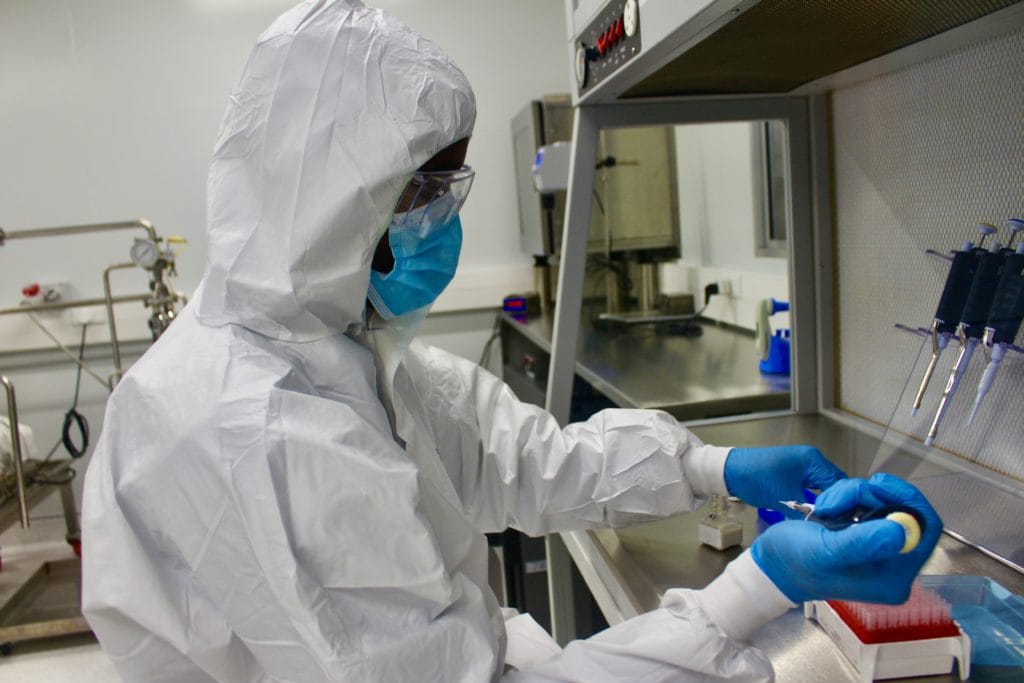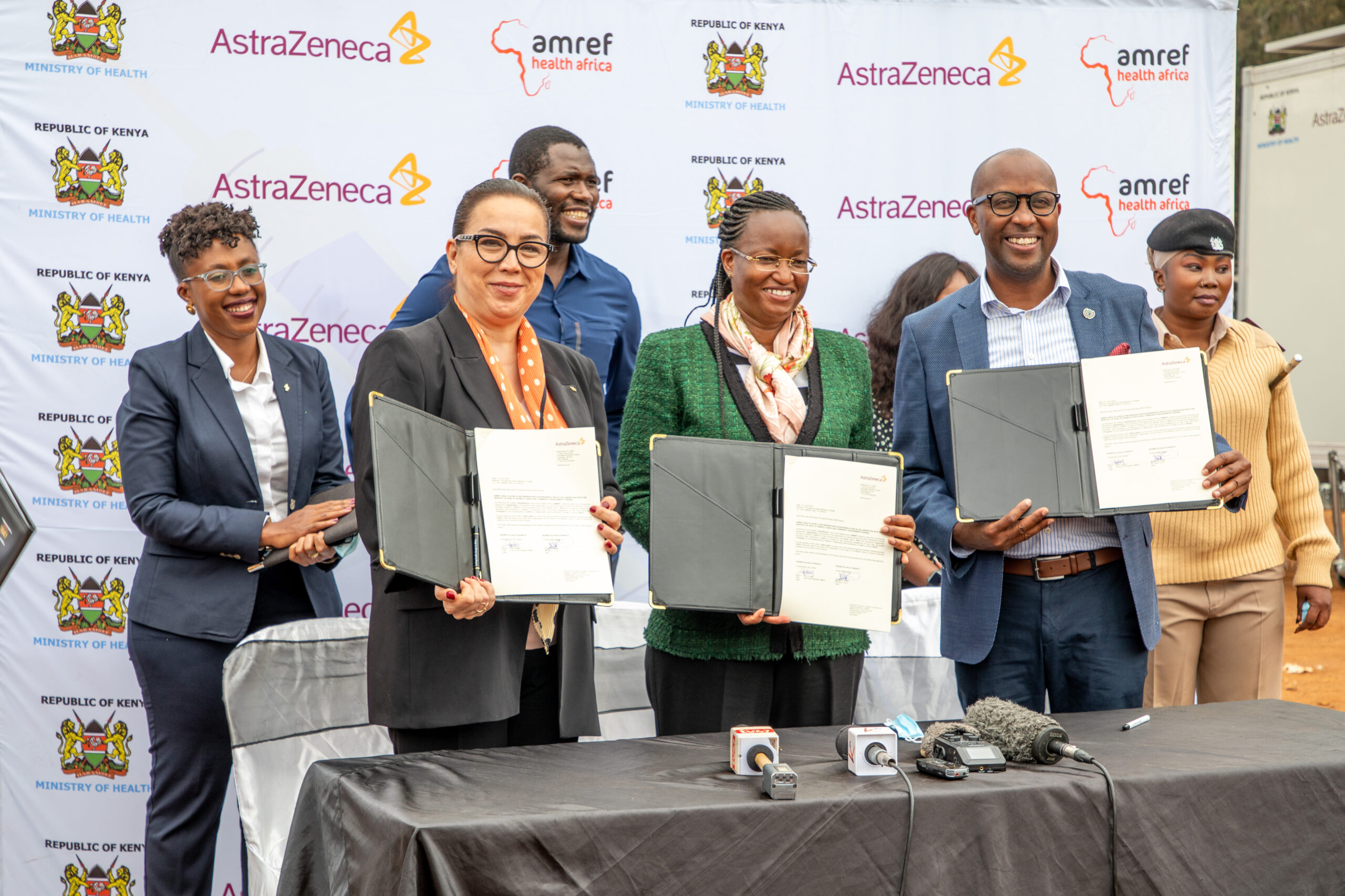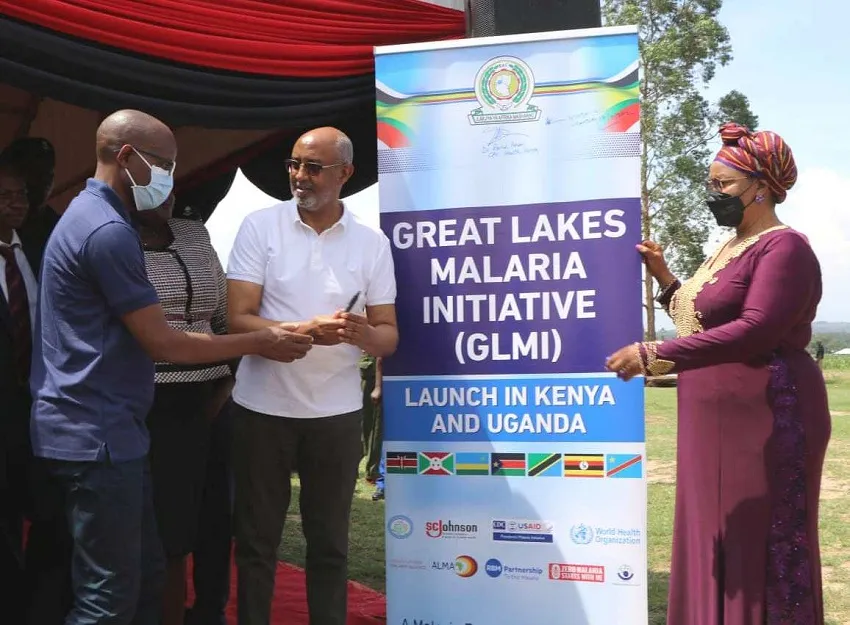The agony of getting clean water: Muli Mboya’s story
Thursday, 22 March, 2018


One part of the country has plenty of water. The other has not had it for several months. The differences go deeper than that. Muli Mboya, 13, a resident of Mwingi understands this paradox pretty well.
When the twilight fades to blackness, it lights a fire to Muli’s hearts. It burns away her joy and happiness she got from school. The eerie darkness of every night means walking for hours and hours with her little brother to look for water.
It is 2am and she is already wielding a whip to urge her two donkeys forward, Muli has woken up earlier than everyone else in the village and is rushing downstream with hopes of fetching water to quench his family’s thirst. Accompanied by her brother Antony Mwendwa, (11), the duo has to trek down a narrow path –through thick bushes as well as thorn trees to the river.
The little girl races the eight kilometres journey, solely to fetch brown and contaminated water.
“This is our only hope. It is all we have here,” she says remorsefully while bending to fetch water from the hand-dug borehole. Sometimes the water runs dry and they have to dig dip.
“We literary join the diggers as we patiently wait for the water to flow,” she explains.
“It is hard for us but it is the order of the day. I prefer going at 2am when only a few people are still awake. At this time, the water has collected well enough to fetch – it will have collected the whole night,” she says.
Muli fetching contaminated water from the hand-dug borehole
A few minutes later, the two are joined by other women and children who literary wade through the water in search for deeper ends of the well to source the commodity and quench their thirst. About 30 minutes later, Muli has a bucket-full of brown liquid water. This is what she will take home for her mother to drink as well as cook food.
At around 7am Muli reaches home, her mum has to prepare some food to save them from hunger – the family slept on empty stomachs the previous night since their water had run out.
It is at 9am and Muli hasn’t started off to Kyalamoko primary school which is five kilometres away.
This is what Muli had to endure every day with her siblings. However this has now changed.
Amref Health Africa in Kenya in partnership with the Coca-Cola Foundation initiated the RAIN project in the region to provide clean drinking water for residents of Mwingi County. Kyalamoko Water project constructed a 201m borehole, a pump house, 2km pipeline, a 50m3 elevated steel water tank, a water trough and three water kiosks. 

For Muli, access to safe water has changed her life and brought a sense of peace and happiness. She can now invest her time in doing her homework.
The new borehole installed by the RAIN Project means that girls will now focus on their schooling. Kyalamoko water project will serve close to 21 villages, nine primary schools and reach 7,500 people.
“This is unbelievable. I am so excited,” she says. “Kyalamoko borehole means that I will drink clean and safe water both at home and school. I will constantly wash my school uniform and bathe,” she continues.
Safe water has changed her life and brought a sense of peace and happiness. She can now invest her time in reading and doing her homework. It has caused girls like Muli to miss classes and takes risks while collecting water. In this vast community, a new borehole installed by RAIN project means girls will now focus on school again.
By: Maureen Cherongis
Media and External Relations Officer
Amref Health Africa








